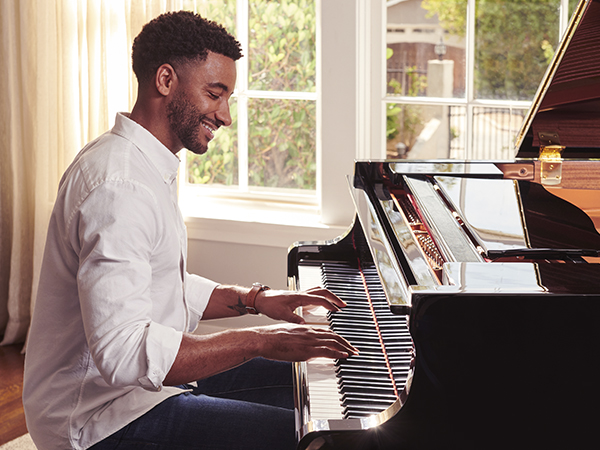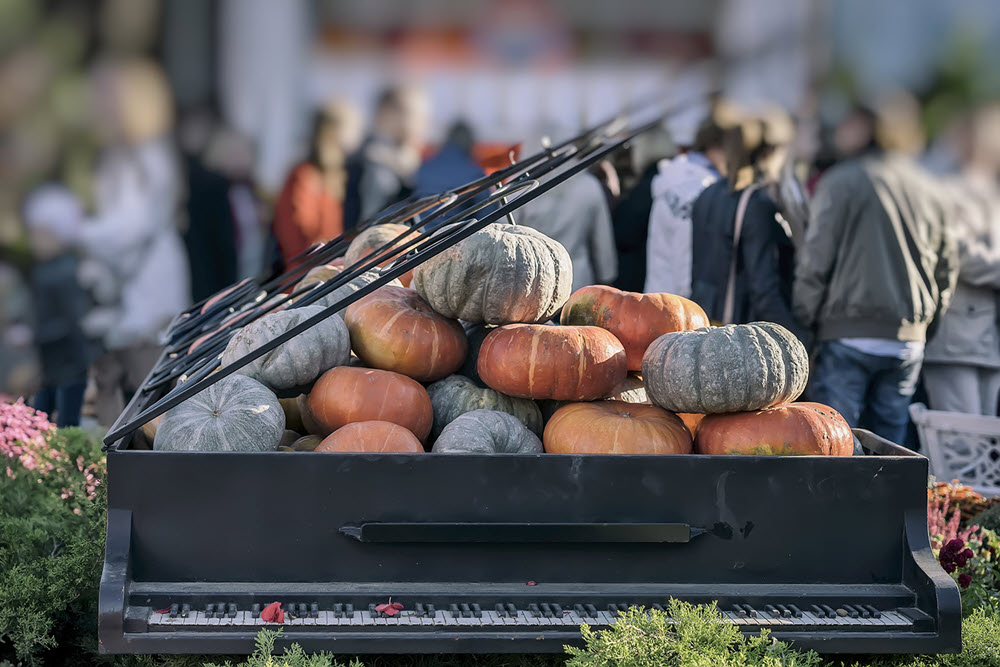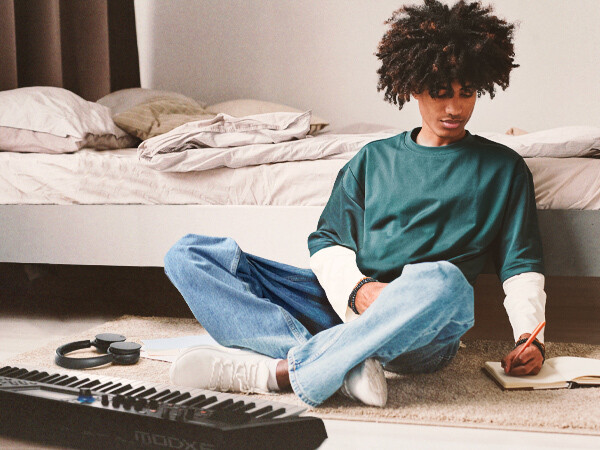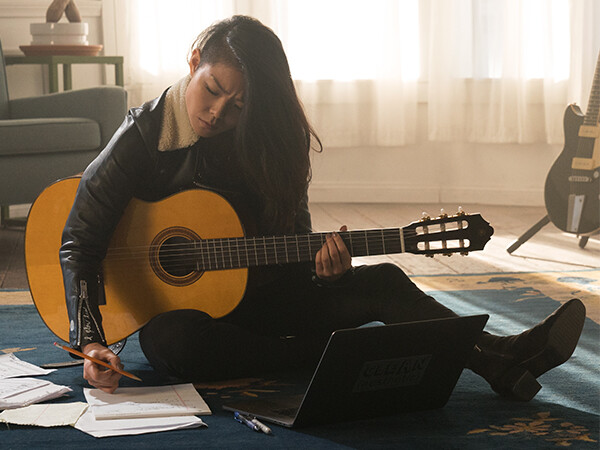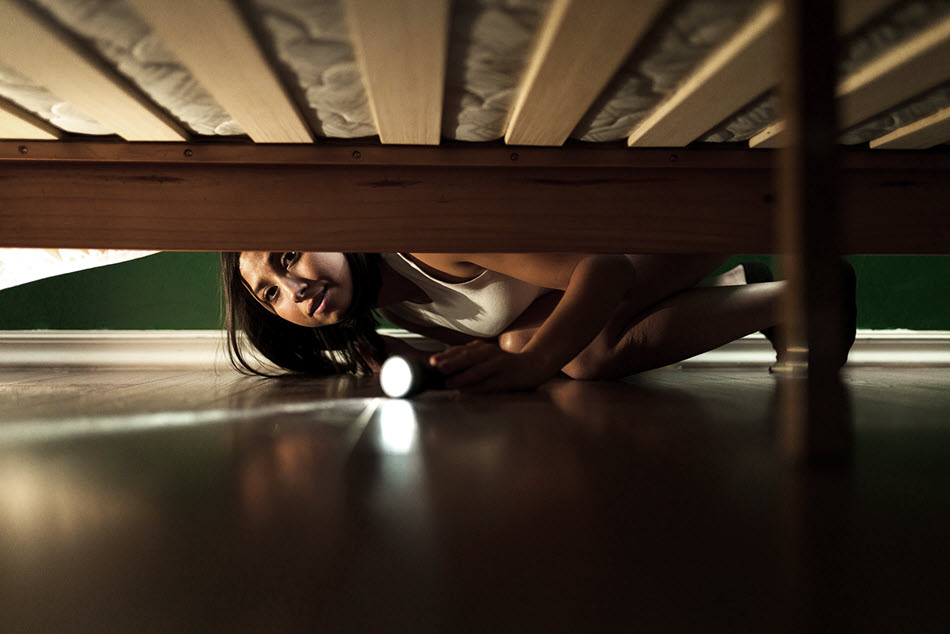Remember Me
If your piano could talk …
They carried me into her house when she was just 10 years old — a gift from her parents. They felt it was time to graduate from the tiny plastic toy piano they had given her for her fifth birthday, and I was the graduation present.
They paid $150 for me and maybe that’s more than I was worth at the time. After all, I was used and rickety and old. And I was odd looking. See, most pianos are black or walnut or white. But not me. My surface was neither satin nor shiny but a chalky stucco-like texture, with splotches of black lacquer splattered about — a real ugly duckling.
She didn’t care. She was excited to have me. I was excited, too. I had a new human and I would do my best to make her happy. Though my ivories were loose (come to think of it, so were my ebonies) and tuning me was a bit of a challenge, we bonded from the moment we first met.
With her fingers on my keys she created her first original melodies and words to go with them. She called them songs. I felt purposeful and appreciated for being able to give her musical explorations a more grown-up sound than that silly plastic toy could muster.
She played me in the morning before she went to school and as soon as she came home. She loved me unconditionally.
Her mom arranged for piano lessons but I knew she was happiest (an instrument can feel their human’s energy) doing her own thing: absorbing the creations of Burt Bacharach and The Beatles by playing their records over and over again and then forming tunes of her own by trying different combinations of my keys until she heard something she liked.
Her parents left us alone, undisturbed in that little alcove on the bottom floor of their split-level home. They let a young songwriter discover herself without interjecting their opinions. It was a good decision. It let her be unselfconscious and free.
Oh, once in a while her mom would call down from the kitchen, “That’s a nice one, honey!” or “Did you write that one, Shell?” I could tell that my human took pride in knowing that her mom was listening. Her dad was listening too, even though he didn’t usually say much.
My human has since grown up and written lots of songs — even a few you might recognize. (I take some credit for that!) And when she had a daughter of her own who showed an interest in art, she let her little girl discover herself too, maybe chiming in once in a while about how much she loved a stick figure on a chalk board, but giving no direction, making no suggestions. That’s when I remember hearing my human tell a friend, “There’s no need for a critic at the very beginning of anyone’s creative journey. There’s time for that.”
Those seem like really good words to me.
Years later, after both of my human’s parents had passed away, I was carried out of that house the same way I was carried in. Little by little, people, some of them strangers, came to claim desks and lamps and … finally, me. My human was so sad about the loss of her Mom and Dad and the sale of the house in which she grew up, we never had a proper goodbye.
But that’s okay. I know she loved me. Memories count for a lot.
Pianos have souls. Guitars and violins too — whatever instrument it was that ushered you toward your calling, whether it was your first or your last or somewhere in-between. I hope you remember them as fondly as you would a childhood friend or pet. They were, after all, half of the relationship you had with one of the most important loves of your life: Music.
Shelly’s memories of her first piano can be found in her blog post “Your Instrument Is Your Inspiration.”










